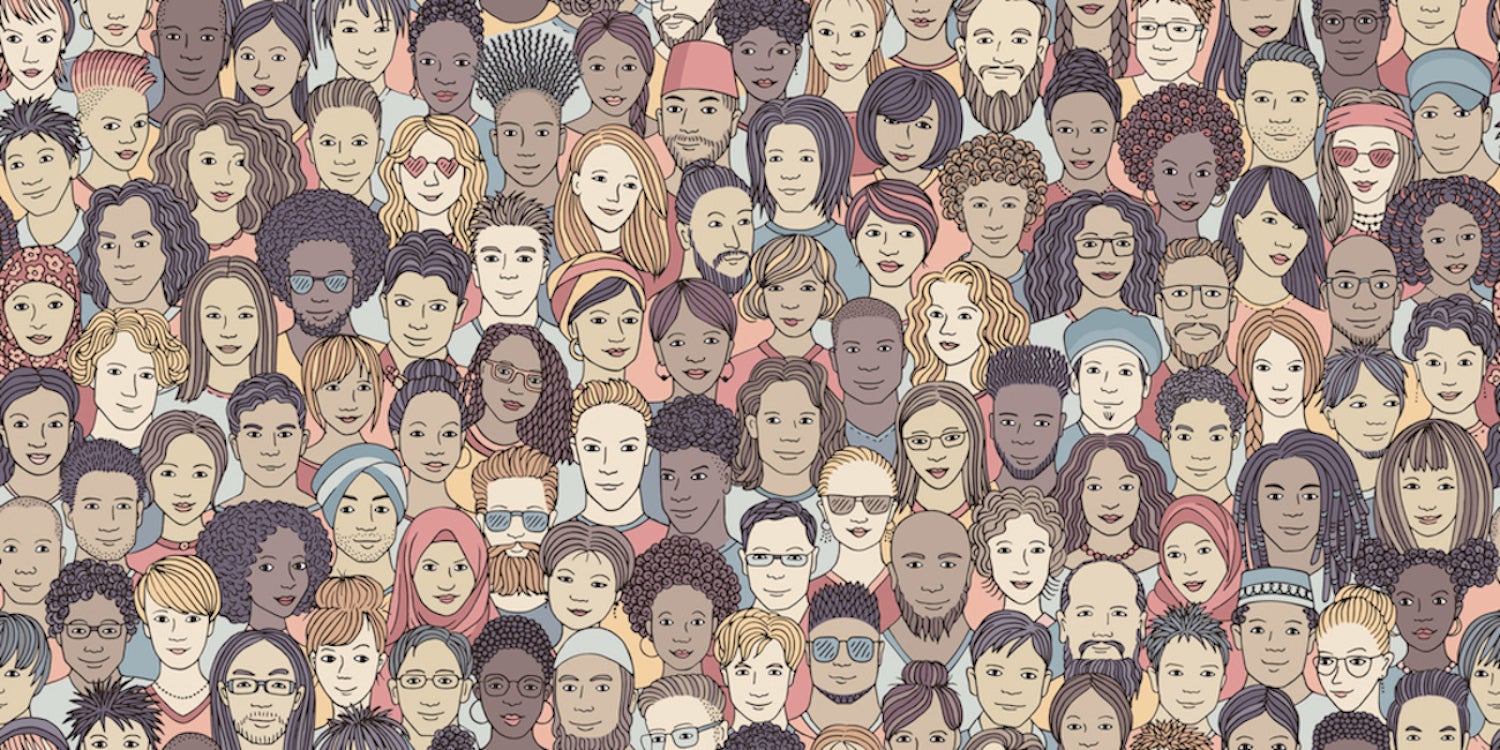News & Highlights
Topics: Care Delivery, Clinical & Translational Research, Collaboration & Team Science, Community Engagement, Health Disparities
COVID-19 Research Community Forum
Four Massachusetts clinical and translational science centers, including Harvard Catalyst, host webinar series focused on COVID-19 research and health equity.

“This is an extraordinary, inspiring time; Massachusetts has a huge depth of understanding in biomedical and clinical research,” said Robert Sege, MD, PhD, co-director of community stakeholder engagement at Tufts Clinical and Translational Science Institute (CTSI). “Many of our scientists and investigators have turned from their own academic interests to research that focuses on the urgent needs that we all have to address with the challenges of coronavirus.”
During the first in a series of webinars that launched this past April, Sege welcomed more than 100 participants to learn about the research being conducted via community engagement programs within the clinical and translational science centers at Boston University, University of Massachusetts, Tufts University, and Harvard Catalyst.
Faculty and investigators at each university are at work addressing and solving problems that impact communities directly, including health equity, evidence-based public health policies, and healthcare resources and staffing. These community engagement programs are at the core of clinical and translational science centers throughout the U.S. like Harvard Catalyst, which are funded by the NIH’s National Center for Advancing Translational Science (NCATS). In addition to community engagement initiatives, each center works to promote and accelerate clinical and translational research by providing access to training, resources, data tools, and best practices for investigators.
“Community engagement allows us and our community partners to understand the ways in which possible responses, policies, and programs would impact different groups. With strong community partnerships, we’ve been able to quickly get a sense of what’s happening on the ground during this pandemic, explained Karen Emmons, PhD, faculty lead for Harvard Catalyst’s Community Engagement program.
“With strong community partnerships, we’ve been able to quickly get a sense of what’s happening on the ground during this pandemic.”
These webinars emphasized the dialogue currently taking place between investigators and community members during the current pandemic.
Presenters from each university outlined the projects they are working on and the ways they would impact the community. Yonatan Grad, MD, PhD, assistant professor of immunology and infectious diseases at Harvard T.H. Chan School of Public Health, spoke about his recent research and insights on achieving broad population immunity and the disparities inherent across communities. He also addressed the impact of interventions such as social distancing and contact tracing.
Another presenter, Anastasia Khvorova, PhD, outlined her efforts to rapidly produce, within three months, a COVID-19 antiviral response drug using siRNA-based approaches. Khvorova is a professor at the University of Massachusetts Medical School Department of RNA Therapeutics Institute.
Josh Cohen, PhD, deputy director of the Center for the Evaluation of Value and Risk in Health at Tufts Medical Center, discussed his work on a model that would project hospital admissions to Tufts Medical Center in real time and evaluate the fluctuating demands on hospital resources.
Focusing on COVID-19 clinical trials, Ben Linas, MD, MPH, associate professor of medicine at Boston University School of Medicine, described how structural bias, the institutional practices that result in advantages for select social groups over others, plays a strong role in furthering health disparities. He further outlined efforts undertaken by Boston Medical Center to build a research infrastructure that would promote equity in making available COVID-19 treatments. Specifically, Linas noted that his work “seeks to ensure that scientific inquiry includes data and specimens from people of color, non-English speaking persons, and persons born outside the U.S.”
“We’re all standing shoulder to shoulder trying to face this challenge, and we need to be able to provide tools and share knowledge and experiences.”
Throughout the series, each presenter emphasized the importance of collaboration, especially during a crisis. “Working together with the other programs in Massachusetts and each of our community advisory boards, we were able to develop a community forum that centered around issues of health equity and provided an opportunity for dialog with experts,” said Rebekka Lee, ScD, director of Harvard Catalyst’s Community Engagement program.
Stressing the importance of sharing resources, Grad said, “We’re all standing shoulder to shoulder trying to face this challenge, and we need to be able to provide tools and share knowledge and experiences.” Linas echoed this sentiment, emphasizing the value of institutions collaborating who in the past have been reluctant to work together.
Highlighting the importance of conducting research during these extraordinary times, Tracy Battaglia, MD, MPH, director of Community Engagement at Boston University Clinical and Translational Science Institute, told viewers, “I don’t think anything other than a pandemic like this can highlight the importance of translating science and research in addressing the health of our public.”
Watch COVID-19 Research Community Forum here.

